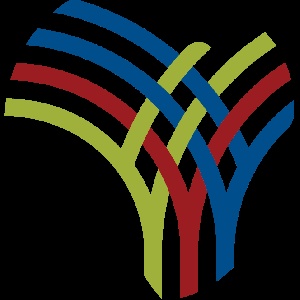Africa News of Friday, 4 April 2025
Source: www.ghanawebbers.com
Africa: Is the Loss of Aid an Opportunity for Africa?
US and EU aid cuts may push Africa to reduce dependency. However, this will be challenging for poorer countries.
President Donald Trump's administration has disrupted aid across Africa. The US Agency for International Development (USAID) has lost many projects. This has put millions of recipients at risk.
According to Devex, 5,341 USAID programs worth $75.9 billion have been cut. About 898 programs valued at $78 billion remain. The US State Department also lost 2,100 aid programs totaling $4.6 billion.
Jakkie Cilliers from the Institute for Security Studies summarized the potential impact. He noted up to 18 million more malaria cases each year. There could be a million severe childhood malnutrition cases as well. HIV infections might increase by 600%. Additionally, $489 million in food assistance is at risk of spoilage or diversion.
In Africa, there could be about 5.6 million more extremely poor people by 2026. The overall African economy might shrink by about $4.2 billion by 2030 due to these cuts.
Cilliers pointed out that US development assistance makes up about 30% of global aid. The European Union contributes around 42%. Several EU countries are also cutting their aid budgets, including France and Germany.
The UK and Switzerland are reducing their budgets by about 25%. These cuts come as Western nations shift focus from development aid to defense spending amid global threats.
Europe is restructuring its development aid towards investment-driven funding while cutting budgets. This raises concerns about the future of global development.
African nations are slow to find ways to fill gaps in their budgets. They need to increase domestic revenues through better tax collection methods.
South African President Cyril Ramaphosa called the PEPFAR cuts a "wake-up call." PEPFAR contributed 17% of South Africa's HIV/AIDS funding.
However, it took South Africa's Health Department until March to meet with USAID partners after the crisis began in January. No funds have been allocated yet to address the gap left by PEPFAR cuts.
Some see this as an opportunity for Africa to change its dependency on donors. Kenyan commentator Patrick Gathara discussed this during a webinar last week.
He criticized the narrative that portrays Africa as helpless without Western aid. He argued that Africa is a net creditor globally and donor countries profit significantly from their investments in aid.
Gathara suggested other African nations learn from Kenya's youth protests against tax increases last year. Young people demanded action against corruption instead of higher taxes.
Nic Cheeseman from the University of Birmingham agreed on increasing public pressure for accountability in governments. He noted that South Sudan relies heavily on US funding for healthcare but spends little on it itself.
However, Cheeseman warned that defunding civil society organizations could hinder democracy efforts amid these cuts.
Cilliers stated that USAID was crucial for strengthening democratic institutions across Africa. Cuts will severely impact this sector since over 90% of related funding is being eliminated.
He cautioned that reduced democracy support could empower authoritarian leaders and create instability in Africa, making countries vulnerable to influences from China and Russia.
Cheeseman predicted that countries like the UAE and Saudi Arabia might partially fill the financing gap left by Western donors but warned it could complicate prospects for an African Renaissance.
Cilliers added that research showed many African nations had higher levels of democracy than expected given their development status, partly due to Western-funded pro-democracy efforts.











